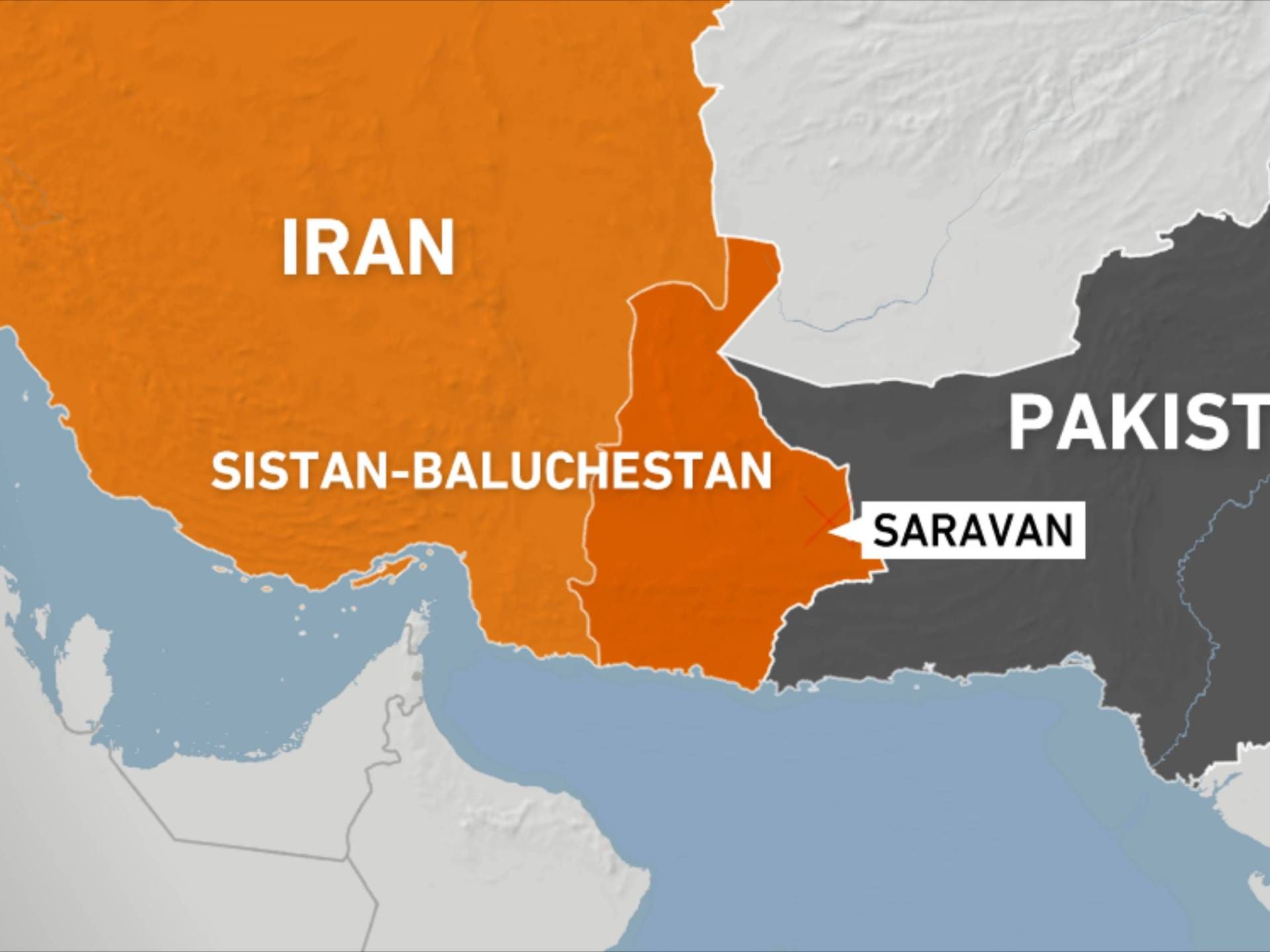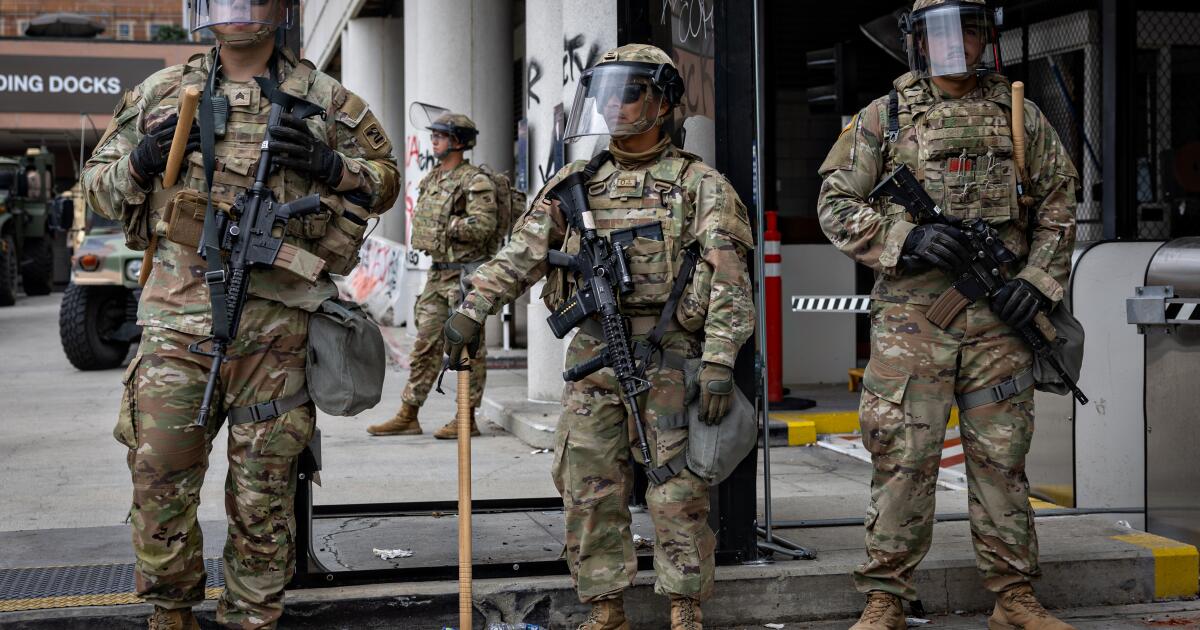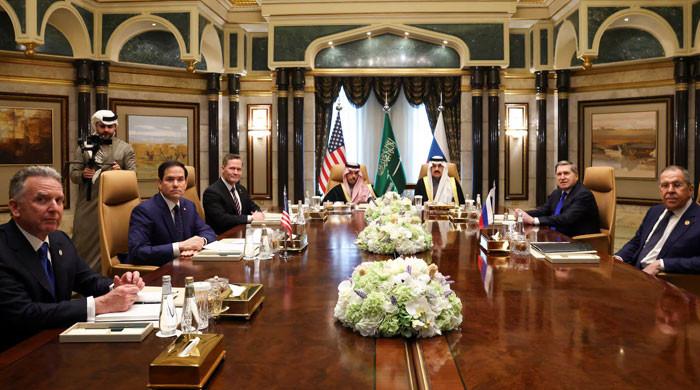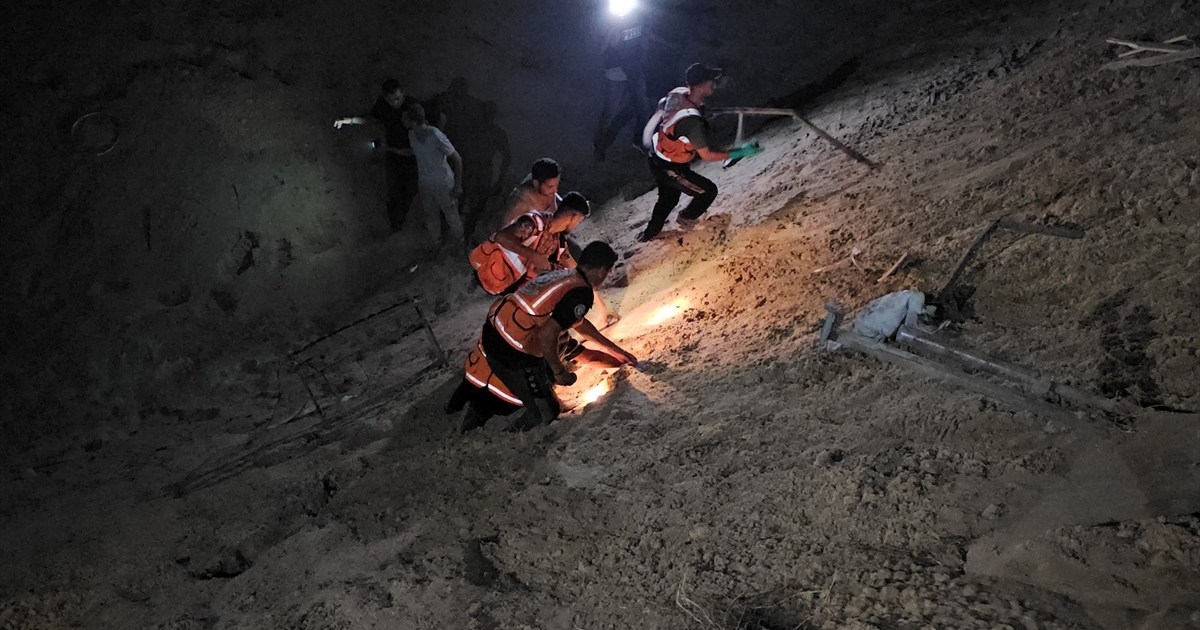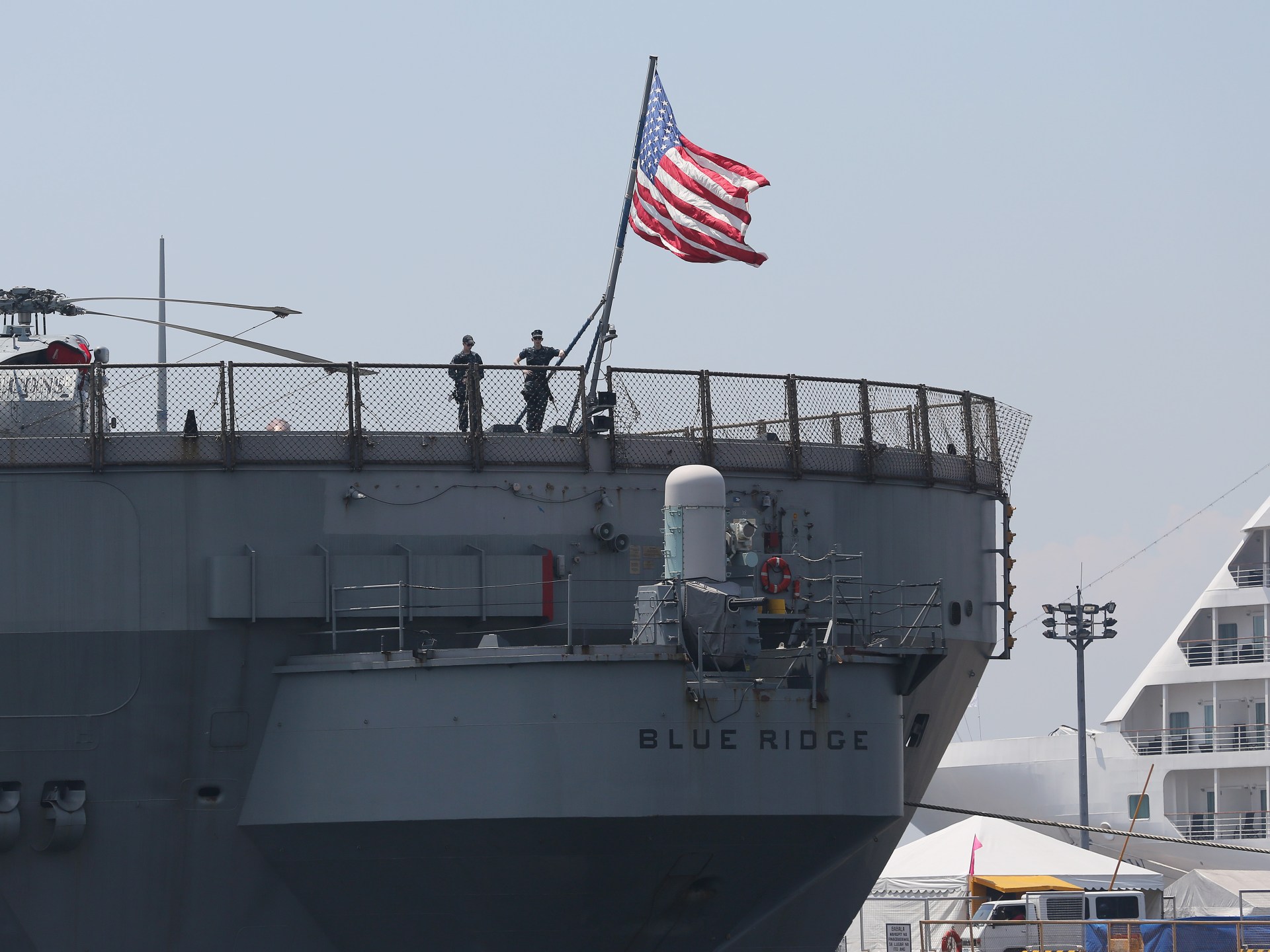The shootings come as Tehran and Islamabad work to normalize ties after recent tit-for-tat attacks.
Gunmen have killed nine Pakistanis in a restive border area in southeastern Iran, Pakistan said, amid efforts by the two countries to repair ties after recent tit-for-tat attacks.
“Deeply shocked by the horrific murder of 9 Pakistanis in Saravan. The embassy will extend its full support to the bereaved families,” Pakistani Ambassador to Tehran Muhammad Mudassir Tipi said on social media platform “.
Hours earlier, Iran's semi-official Mehr news agency reported the attack in Saravan, Sistan-Balochistan province. He identified the dead only as foreign nationals and said no individual or group had claimed responsibility for the shootings.
Baloch rights group Haalvash said on its website that the victims were Pakistani workers who lived in a car repair shop where they worked. Three other people were injured, he added.
Calling the attack a “terrorist incident”, Pakistan's foreign ministry said it was in touch with Iranian authorities and had asked Tehran to investigate the incident.
“It is a horrible and despicable incident and we condemn it unequivocally,” said Foreign Ministry spokesperson Mumtaz Zahra Baloch following the news.
“We are in contact with the Iranian authorities and have stressed the need to immediately investigate the incident and hold accountable those involved in this heinous crime.”
Iran-Pakistan tensions
The shootings occurred as Iranian state media said the ambassadors of Pakistan and Iran were returning to their posts after being called up when the neighboring countries traded missile attacks last week aimed at what each said were targets of armed groups.
“The border between Iran and Pakistan creates an opportunity for economic exchanges… and must be protected against any insecurity,” Iranian President Ebrahim Raisi told Ambassador Mudassir Tipi when he received his credentials on Saturday, according to Iranian state media reports.
Sistan-Baluchistan, one of the few majority Sunni Muslim provinces in Shiite-dominated Iran, has experienced persistent unrest involving cross-border drug gangs, rebels from the Baloch ethnic minority and armed groups.
On January 18, Pakistan launched airstrikes against “militant targets” in Iran, two days after Iran launched attacks on its territory.
Tehran said it had attacked Jaish al-Adl, a group that carried out a series of deadly attacks in Iran in recent months. Formed in 2012, the group is on Iran's blacklist as a “terrorist” organization.
The Iranian attacks, which Pakistan said killed at least two children, drew a sharp rebuke from Islamabad, which withdrew its ambassador from Tehran and prevented Iran's envoy from returning to Islamabad.
Tehran also summoned Islamabad's charge d'affaires over Pakistan's attacks, which left at least nine dead.
The two countries, however, announced last Monday that they had decided to reduce tension and resumed diplomatic missions with the two ambassadors returning to their posts.

